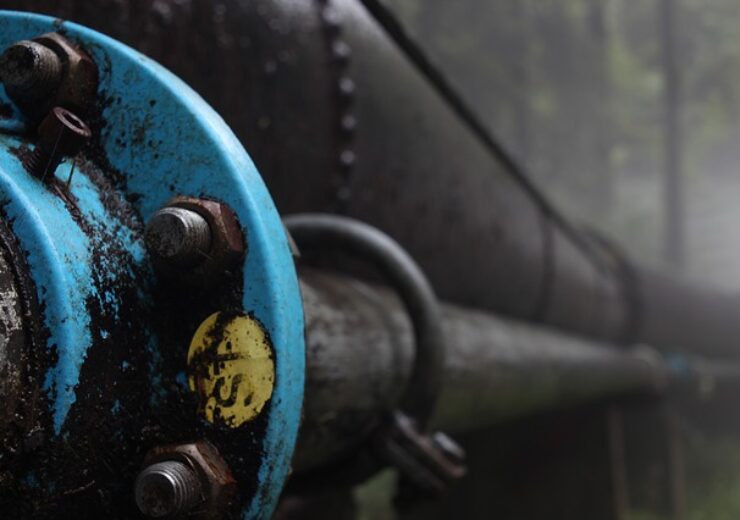The Italian oil and gas company has a 50% stake in the offshore part of the gas pipeline that supplies up to 16 billion cubic meters per annum of Russian natural gas to Turkey through the Baltic Sea

Eni planning to quit the Blue Stream gas pipeline project. (Credit: Johannes Rupf from Pixabay)
Eni disclosed plans to divest its stake in the Blue Stream gas pipeline between Russia and Turkey, which it co-owns with Russian state-controlled firm Gazprom.
The exact reason for the potential sale was not revealed by Eni. However, it follows the decisions made by several European and US firms of exiting from Russia in response to the war in Ukraine.
Eni stated that it has a marginal footprint in Russia.
The Italian energy company further said that its existing joint ventures with another Russian energy firm Rosneft, which is linked to exploration licenses in the Arctic region, have already been frozen for years.
The firm said that the joint ventures are not active because of the global sanctions imposed since 2014.
Eni has been operating in Russia since the 1960s, when it commenced imports of crude oil and gas into Italy.
The company and Gazprom have stakes of 50% each in the 774km offshore section of the 1,213km long Blue Stream gas pipeline, which are held through a joint venture called Blue Stream Pipeline. The offshore section of the pipeline is in the Baltic Sea.
Blue Stream Pipeline also owns the Beregovaya compressor station.
The 396km long onshore part of the gas pipeline is owned by Gazprom.
Blue Stream was commissioned in late 2002 and commercial gas supplies through it commenced in February 2003. The pipeline can transport up to 16 billion cubic meters per annum of Russian natural gas.
Recently, Eni started production from the Ndungu early production development project in Angolan waters. The project is expected to produce up to 20,000 barrels of oil per day.
